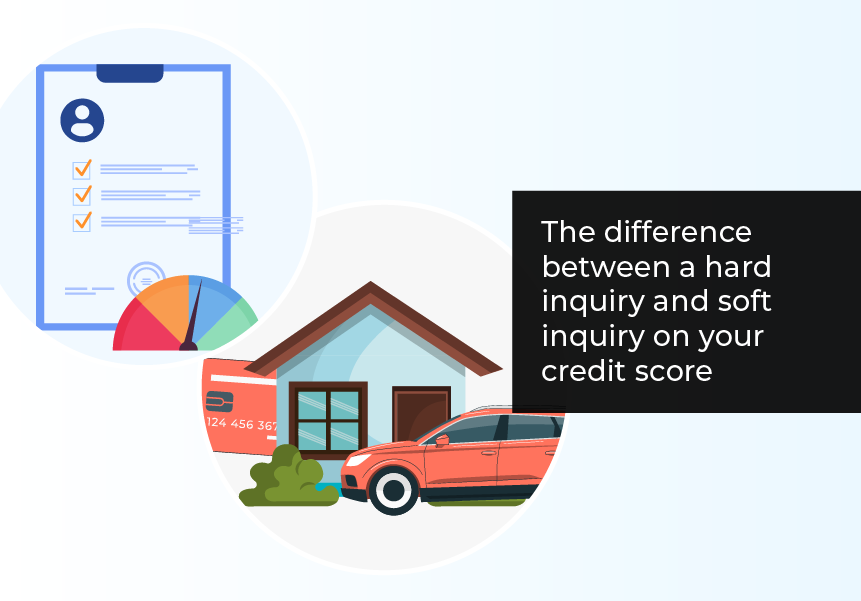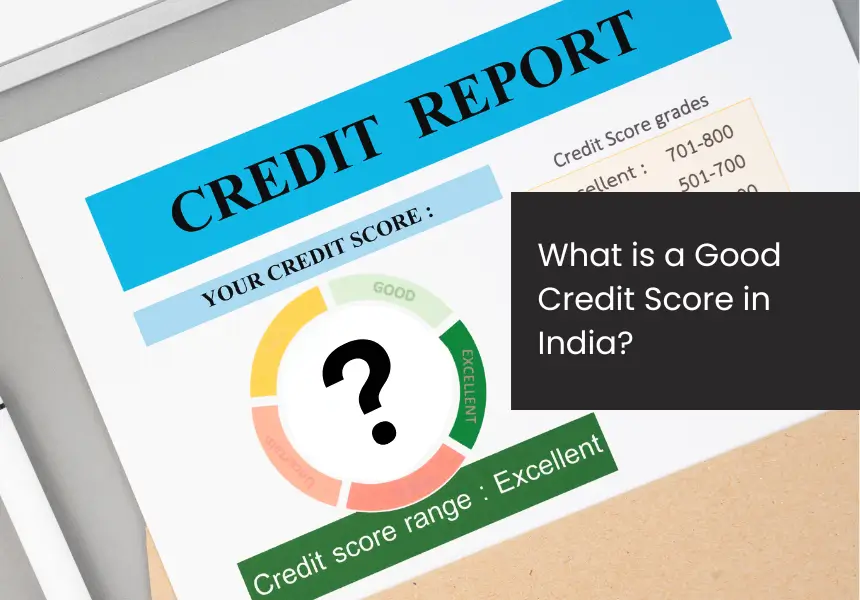
Your credit score is a vital part of your financial health and may be directly impacted by factors like debt, hard credit inquiries, and, indirectly, investments. Hard and soft inquiries are the two different categories of credit inquiries. When a lender examines your credit report in response to a credit application, this is known as a hard inquiry. Soft inquiries are credit checks that do not affect the credit score and are often initiated by you or a third party. Understanding the difference between hard and soft inquiry is important to manage your credit effectively. Here we will understand the difference between the two in detail.
What is Soft Inquiry?
A soft inquiry is a useful credit check tool that does not affect an individual’s credit score, such as when someone checks their own credit report or when a third party conducts a credit check for non-lending purposes, like an employer or a lender. Soft inquiries are typically used for background checks, employment verifications, and pre-approved credit offers. With a Soft Inquiry Personal Loan, individuals can obtain a loan without worrying about hard inquiries that may negatively impact their creditworthiness. Soft inquiries are not visible to lenders and do not impact credit scores, making them a less intrusive and less damaging option for individuals who want to monitor their credit history.
What is Hard Inquiry?
A hard inquiry is a credit check that occurs when a lender or creditor checks an individual’s credit report as part of the process of approving them for credit. Examples of hard inquiries include credit card applications, mortgage applications, car loan applications, and personal loan applications. Hard inquiries can affect an individual’s credit score by a few points and can remain on their credit report for up to two years. A person’s credit score may be lowered if they receive several hard inquiries in a short period of time, which may indicate to lenders that they are taking on too much credit. It’s important to be mindful of hard inquiries and only apply for credit when necessary to avoid unnecessary damage to your credit score.
How To Prevent Hard Credit Inquiries?
A personal loan without affecting credit score is possible through a soft inquiry, which is a credit check that doesn’t have any impact on an individual’s credit score. Soft inquiries occur when an individual checks their own credit report or when a third party, such as an employer or a lender, checks their credit report for non-lending purposes. Soft inquiries are commonly used for employment verifications, background checks, and pre-approved credit offers. Unlike hard inquiries, which can affect credit scores and stay on credit reports for up to two years, soft inquiries are not visible to lenders and do not affect an individual’s creditworthiness. Soft inquiries are less intrusive and less damaging than hard inquiries, making them a useful tool for individuals to monitor their credit history without impacting their credit score, especially when seeking a personal loan.
Hard Credit Inquiry Vs Soft Credit Inquiry
| Hard Credit Inquiry | Soft Credit Inquiry |
| When you apply for a loan or credit card, the lender will do a hard credit inquiry to check your credit scores.The main goal of this enquiry is to determine your loan or credit card eligibility. | A soft credit inquiry occurs when you check your own credit score or receive pre-approved loan offers from lenders. Your credit score is unaffected by soft queries, which are also invisible to other lenders. They are useful for checking your own credit report and exploring loan options without damaging your credit score. |
| Hard inquiries happen with your consent or permission. | Soft inquiries take place without your consent. |
| Hard inquiries can affect your credit score | Your credit score is unaffected by soft inquiries. |
Conclusion
It’s critical to understand the difference between hard and soft inquiries if you’re looking for a simple personal loan. Hard inquiries, which can appear on credit reports for up to two years, might lower credit scores. Soft inquiries, on the other hand, are invisible to lenders and have no effect on credit ratings. Monitoring credit reports regularly and being mindful of how often credit applications are made to maintain good financial health and protect credit scores is crucial. By doing so, individuals can increase their chances of being approved for an easy personal loan with favorable terms and interest rates.








